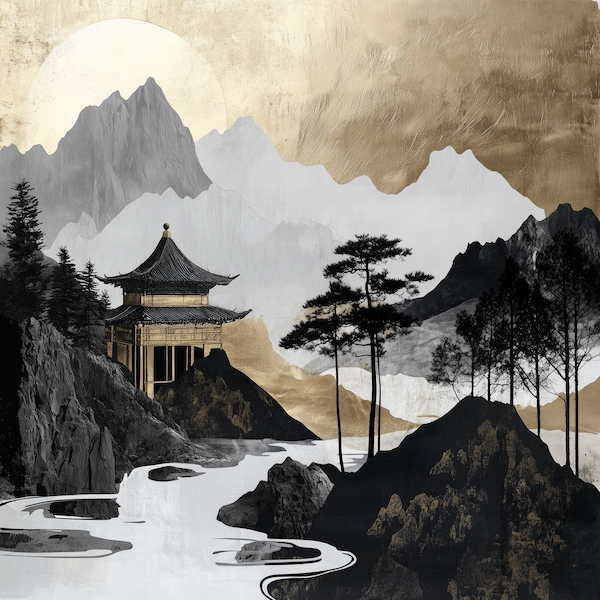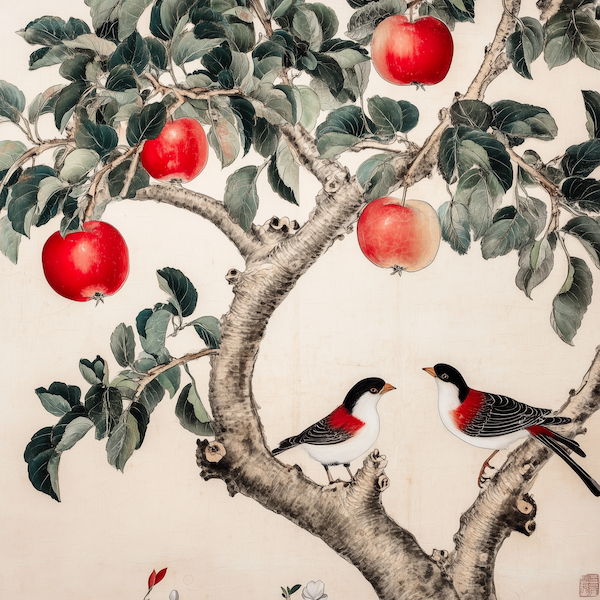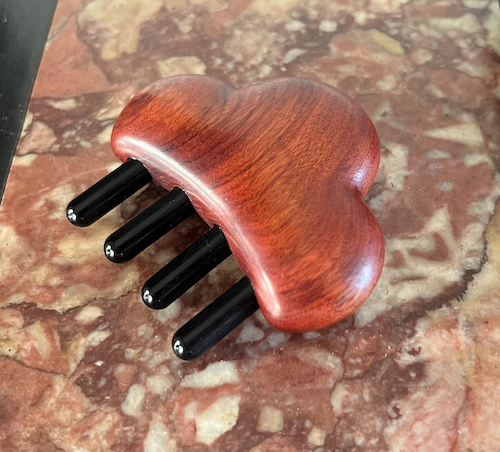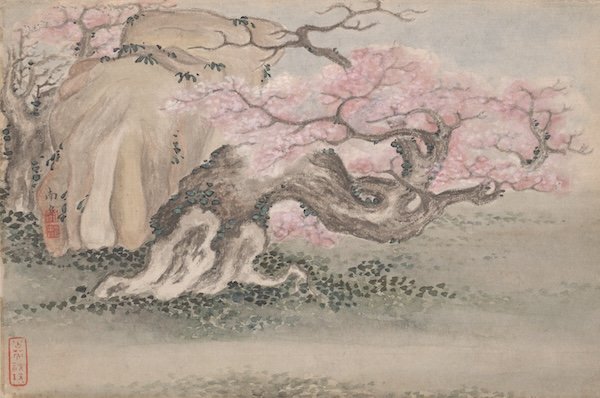Yangsheng
-
White Tea to Relieve Autumn Dryness
As the weather cools off, teas with a nice roast such as Wuyi Yancha Oolongs start to become more attractive, but many consider white tea to actually be the best choice for autumn tea drinking. The declining Yang Qi in the environment not only leads to cooler but also dryer conditions. In summer we can use the ample Yang Qi to help treat imbalances associated with cold and damp. Now in autumn, it is important to maintain health and balance to prepare for the winter which is the body’s “storage period.” Combating “autumn dryness” (qiu zao 秋燥) becomes a primary concern for the yangsheng lifestyle enthusiast as the lungs are…
-
Autumn Wellness: Chinese Yam (Shan Yao 山药)
Chinese yam (shan yao 山药), literally “mountain medicine,” is a staple food often found in a traditional yangsheng (“nourishing life”) diet. It is one of the few foods that you will see recommended in practically every season for its diverse benefits. It is commonly recommended as food to eat in the autumn season, and is perhaps my favorite yangsheng food for autumn next to pear water. Aside from its seasonal and general health benefits, it is a great addition to a neigong cultivator’s diet because it is so beneficial to the organs systems responsible for extracting post-heaven qi from the food we eat and the air we breathe, as well…
-
Apple Water 苹果水 – a Snack to Aid Digestion, Benefit the Spleen/Stomach
Late summer is associated with the spleen organ system, the foundation of digestion. Proper digestion of the food we eat is so important for both general health and supporting neigong practice. With apples now ripening and ready for harvest, now is a great time to make use of local, in-season fruit and support our spleen/stomach with this delicious snack that aids digestion and helps to remove dampness (the spleen’s worst enemy). Apple water (or we could call it apple soup) is also a great prelude to pear soup, one of the best snacks to promote health and balance in autumn. The second half of the summer is a good time…
-
Summer Wellness
Summer is the peak of Yang energy. Yang energy has been fully released outward and so we have sunlight, warmth, and plants and animals flourishing. The process of growing and ripening is underway. Yang qi also vaporizes moisture and can therefore create the condition of dampness in the environment. Interestingly, although yang is at its peak, summertime is also a time when yang is very much needed, and perhaps counterintuitively, Chinese health sciences would caution that we still need to be weary of cold things (food, environment, etc). Summer corresponds to the Fire phase (huǒ 火), the heart organ system, and the bitter flavor. It is recommended to get up…
-
Green Tea 绿茶: A Refreshing Spring and Summer Beverage with Health Benefits
As we transition into summer we reach a point in the year in which many green teas have been freshly harvested and processed and are just now hitting the market. Green tea is a healthy, delicious, and refreshing beverage that is especially suitable during the warmer months. I have met many people who think that they don’t like green tea, but in fact have never tried anything other than green tea that is mass-produced, low-quality, and generally stale. It’s one thing to find high-quality green tea, but perhaps more challenging is getting it fresh! It’s best to buy it as soon after harvest as possible from a vendor that takes…
-
Li Xia Dan (Beginning of Summer Eggs) 立夏蛋
As we pass the Li Xia “Beginning of Summer” 立夏 solar term, we begin to transition away from the spring season and into the summer. Summer is associated with fire and the heart organ system, and at this time, the kidneys, associated with water, are in their weakest state. This is an important time to prepare for this transition and nourish our kidney jing (essence). Our kidney system is foundational to the three treasures (jing, qi, and shen) and therefore extremely important for those who seek progress in neigong practice. In general, nourishing our kidney jing at this time makes our health strong and robust during the shift of seasons…
-
Spring Wellness: Three Flower Tea 三花茶
There is a Chinese folk proverb: 春饮花茶,夏饮绿茶,秋饮青茶,冬饮红茶。Drink flower tea in spring, green tea in summer, qing cha 青茶 (light oolong) in autumn, and black tea in winter. Spring is the season associated with waking up, growth, and the liver organ system. It is when all the flowers start blooming outdoors. So it is intuitive that a refreshing and fragrant flower tea would be appropriate at this time, especially considering that many types of flower tea have beneficial properties for our liver organ system. In particular, we will look at variations of Three Flower Tea (San Hua Cha 三花茶). Flower teas are usually pretty gentle, however, as with everything it is…
-
Spring Wellness: Ox Horn Gua Sha the Liver, Gallbladder, and Spleen Meridians
Spring is the season associated with the liver and the gallbladder organ systems, and so it is a great time to work this daily yangsheng practice into your routine. In the Huangdi Neijing (黄帝内经) it says that the liver is the “general of the human body” (人体的将军), tasked with leading an army to resist toxins that are accumulating within and invading from without. The liver is responsible for maintaining the smooth flow of qi and blood. A variety of problems including poor quality of sleep, waking up in the middle of the night every night (usually between 1-3am), emotional imbalance, procrastination, and irregular menstruation in women are all common signs…
-
Spring Wellness
Spring is the beginning. It is the season of renewal and of nature coming to life. Yang qi has been in storage during the winter and it is now released; its emergence resulting in growth, flourishing, and blossoming. It is a season of harmony and the time to shake off any stagnant energy, get outside for a stroll through the park or a hike in the mountains, and to avoid sitting around and dwelling on things. Spring corresponds to the Wood phase (mù 木) and the liver organ system. In spring it is recommended to get up early, but also to go to bed early to be sure to nourish…
-
The Best Zhou 粥 (Congee) to Support the Spleen and Fuel your Neigong
One of the most important texts for Chinese Medicine, the Huangdi Neijing 黄帝内经, lists the well-known “evils” or environmental factors which can cause us harm along with the organ system most susceptible to each: 藏所惡:心惡熱,肺惡寒,肝惡風,脾惡濕,腎惡燥,是謂五惡。 The hidden evils are: heat in the heart, cold in the lungs, wind in the liver, dampness in the spleen, and dryness in the kidneys. These are the five evils. In addition to climatic factors, modern sedentary lifestyle paired with the greasy, fried, sugary and processed foods so prevalent in modern society make so many people susceptible to excess dampness, and this is especially harmful to the spleen system. A healthy spleen system is foundational…









